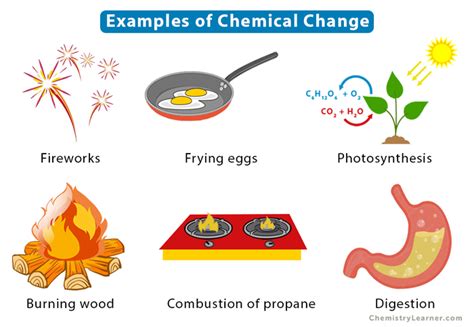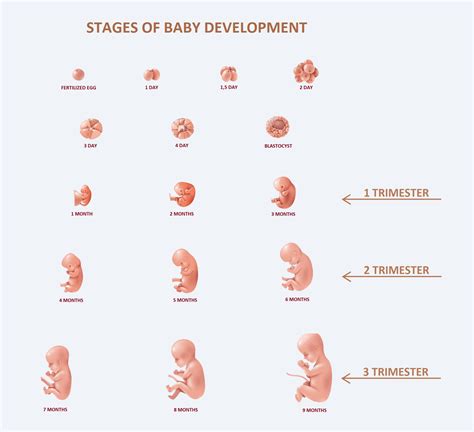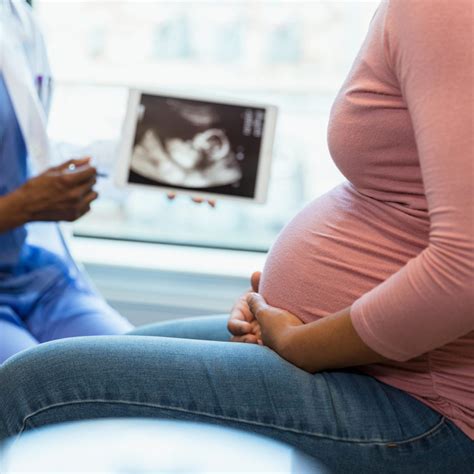Intro
Discover key 20 weeks gestation facts, including fetal development, pregnancy symptoms, and ultrasound insights, to navigate this crucial midpoint in your pregnancy journey with confidence and care.
The 20th week of gestation is a significant milestone in pregnancy, marking the halfway point for many women. At this stage, the fetus is approximately 6-7 inches long and weighs around 10 ounces. The mother's body is also undergoing numerous changes, preparing for the arrival of the baby. As the pregnancy progresses, it's essential to stay informed about the developments and changes that occur during this critical period.
As the fetus grows and develops, its major organs and body systems start to function. The heart pumps blood, the lungs start to produce surfactant, and the digestive system practices contractions, preparing for life outside the womb. The fetus's skin is thin and transparent, and its fat layers are starting to form. The mother may begin to feel the baby's movements, such as kicking, rolling, and stretching, which can be an exciting experience.
The 20th week of gestation is also a time when the mother's body undergoes significant changes. The uterus expands, and the mother's blood volume increases to support the growing fetus. Hormonal fluctuations can cause mood swings, fatigue, and food cravings. It's essential for expectant mothers to prioritize their health and well-being during this period, eating a balanced diet, staying hydrated, and engaging in regular exercise. Prenatal care is also crucial, as it allows healthcare providers to monitor the fetus's development and address any potential concerns.
Physical Changes in the Mother

Common Physical Changes
Some common physical changes that occur during the 20th week of gestation include: * Weight gain: The mother's weight increases due to the growing fetus, placenta, and amniotic fluid. * Breast changes: The breasts become larger, and the nipples may darken in preparation for breastfeeding. * Skin changes: The skin may become more sensitive, and stretch marks may appear on the abdomen, breasts, and thighs. * Hair and nail changes: Hormonal fluctuations can cause hair and nail growth to accelerate.Fetal Development

Fetal Sensory Development
The fetus's senses are also developing at 20 weeks gestation. The fetus can: * Hear: The fetus can detect sounds outside the womb, including the mother's voice and external noises. * See: The fetus's eyes are formed, and it can detect light and darkness. * Taste and smell: The fetus's taste buds and olfactory system are developing, allowing it to detect different flavors and odors. * Touch: The fetus's skin is sensitive to touch, and it can detect movement and pressure.Prenatal Care

Importance of Prenatal Care
Prenatal care is essential for: * Monitoring fetal development: Regular check-ups allow healthcare providers to detect any potential complications or abnormalities. * Preventing complications: Prenatal care can help prevent complications such as gestational diabetes, hypertension, and preterm labor. * Promoting healthy pregnancy: Prenatal care provides expectant mothers with guidance on healthy eating, exercise, and stress management.Nutrition and Diet

Healthy Eating Tips
Some healthy eating tips for expectant mothers include: * Eating frequent, small meals: To manage nausea and prevent dehydration. * Staying hydrated: Drinking plenty of water and other fluids to support the mother's health and the fetus's development. * Avoiding unhealthy foods: Limiting or avoiding foods high in sugar, salt, and unhealthy fats.Exercise and Activity

Benefits of Exercise
Regular exercise during pregnancy can: * Reduce the risk of gestational diabetes: Regular exercise can help regulate blood sugar levels. * Promote healthy weight gain: Regular exercise can help expectant mothers manage their weight and reduce the risk of excessive weight gain. * Improve mental health: Regular exercise can reduce stress, anxiety, and depression.Emotional Changes

Managing Emotional Changes
Some tips for managing emotional changes during pregnancy include: * Practicing relaxation techniques: Deep breathing, meditation, and yoga can help reduce stress and anxiety. * Connecting with others: Sharing feelings and concerns with partners, family, and friends can help expectant mothers feel supported and understood. * Prioritizing self-care: Engaging in activities that promote relaxation and enjoyment, such as reading, listening to music, or taking a warm bath.As expectant mothers navigate the 20th week of gestation, it's essential to prioritize their health and well-being. By staying informed about the developments and changes that occur during this critical period, expectant mothers can ensure a healthy pregnancy and a positive birth experience. We invite you to share your thoughts, ask questions, or seek advice from our community of expectant mothers and healthcare professionals.
What are the most common symptoms experienced by women at 20 weeks gestation?
+The most common symptoms experienced by women at 20 weeks gestation include back pain, pelvic pressure, Braxton Hicks contractions, mood swings, fatigue, and food cravings.
How often should I attend prenatal care appointments during the 20th week of gestation?
+Expectant mothers should attend prenatal care appointments every 4-6 weeks during the 20th week of gestation, or as recommended by their healthcare provider.
What are the best exercises for pregnant women at 20 weeks gestation?
+The best exercises for pregnant women at 20 weeks gestation include walking, swimming, and prenatal yoga, which promote cardiovascular health, flexibility, and relaxation.
How can I manage emotional changes during the 20th week of gestation?
+Expectant mothers can manage emotional changes during the 20th week of gestation by practicing relaxation techniques, connecting with others, and prioritizing self-care.
What are the most important nutrients for expectant mothers at 20 weeks gestation?
+The most important nutrients for expectant mothers at 20 weeks gestation include folic acid, iron, calcium, and protein, which support the fetus's growth and development.
